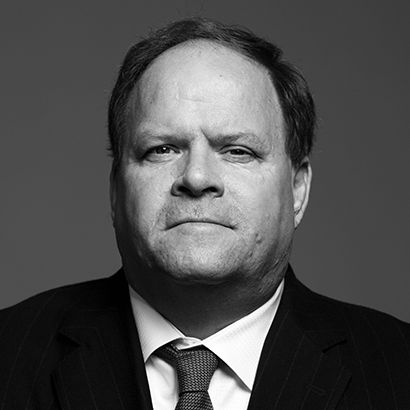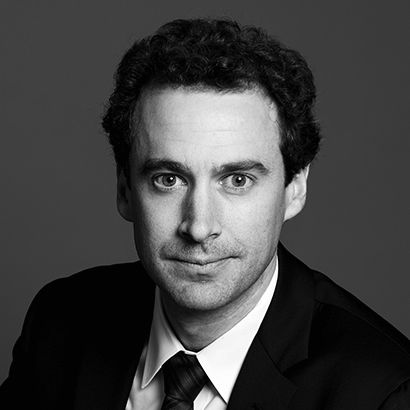Defamation and Media
EmploymentOur Blog
-
In AB v Google, the Court of Appeal of Québec held that internet intermediaries, such as search engines, may be liable for listing hyperlinks to undisputedly false and defamatory content. This decision represents a significant development in Canadian defamation law, particularly given the Court’s interpretation and application of the Supreme Court of Canada’s ruling in Crookes v Newton.
-
In Benchwood Builders Inc v Prescott, the Court of Appeal for Ontario provided further guidance on the interpretation of section 137.1 of the Courts of Justice Act, commonly known as anti-SLAPP legislation. This legislation provides a quick screening mechanism to dismiss lawsuits that unduly limit expressions related to a matter of public interest – often referred to as Strategic Lawsuits Against Public Participation (SLAPP).
-
As widely reported by the likes of CBC, the Guardian, the Verge and CNBC, OpenAI has indicated they will “pause” the use of their AI-generated voice after users (and Scarlett Johansson herself) noted the striking similarity to Scarlett Johansson's voice from the film “Her”. This connection may have been intentional, OpenAI’s CEO, Sam Altman, posted a one-word message – “her” – on his social media on the day the AI-generated voice was unveiled.
-
Did Drake respond to an alleged feud with fellow artists, including Kendrick Lamar and Rick Ross? As reported by the LA Times, a track titled ‘Push Ups (Drop and Give Me 50)’ appeared online recently, taking aim at Lamar and several of his recent musical collaborators. However, this track remained unclaimed on any of Drake’s official platforms, causing some to question whether this track was fan-generated using artificial intelligence. This cynicism may be justified: Drake is reportedly no stranger to having to denounce fan-generated songs, and Lamar’s rumoured response was actually the work of artificial intelligence and another rapper.
-
Ontario’s Anti-SLAPP legislation (ss 137.1 to 137.5 of the Courts of Justice Act) provides a judicial screening device. It is designed to swiftly eliminate claims that unduly limit freedom of expression on matters of public interest. Since coming into force, courts have considered, at length, the substantive issues. To date, little guidance has been provided on the procedural issues.
-
In the late 2019 decision in V.M.Y. v S.H.G., Justice Kristjanson of the Ontario Superior Court of Justice for the first time recognized the tort of “publicity placing a person in a false light” in Canadian law. But do we need yet another invasion of privacy tort?
-
The Ontario Court of Appeal recently heard and resolved a conflict between two competing components of a free and democratic society. As the Court put it, the dispute involved a conflict between a free and vigorous press, on the one hand, and the protection of society from serious criminal activity on the other.
-
Pierre Lebel didn’t like that Miranda Dyck was following his daughter on Twitter. Mr. Lebel sent an email to Andre Picotte (and several others). Mr. Lebel asked Mr. Picotte to email Ms. Dyck asking that she un-follow Mr. Lebel’s daughter.
-
In PDM Entertainment Inc. v. Three Pines Creations Inc and Louise Penny, the Ontario Court of Appeal had to decide who was entitled to produce the next television adaptation of the fictional Chief Inspector Gramache.
-
In Chandra v. CBC, 2015 ONSC 2980, Justice Graeme Mew rejected the CBC's argument that the jury notice should be struck because the issues and the expert...
Show more










